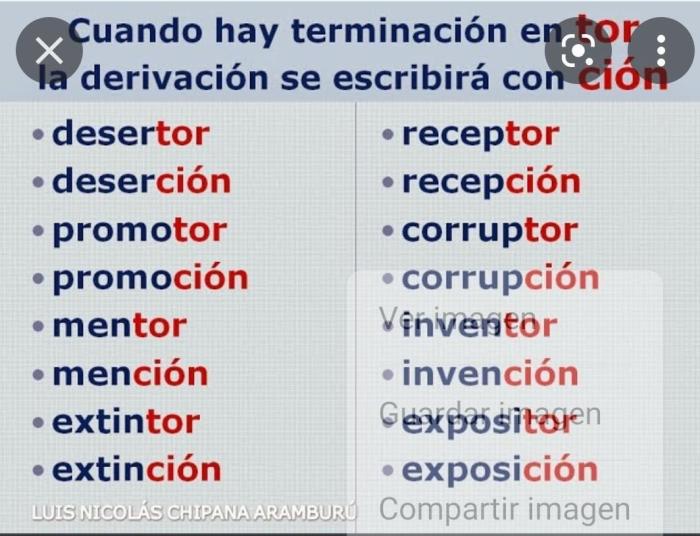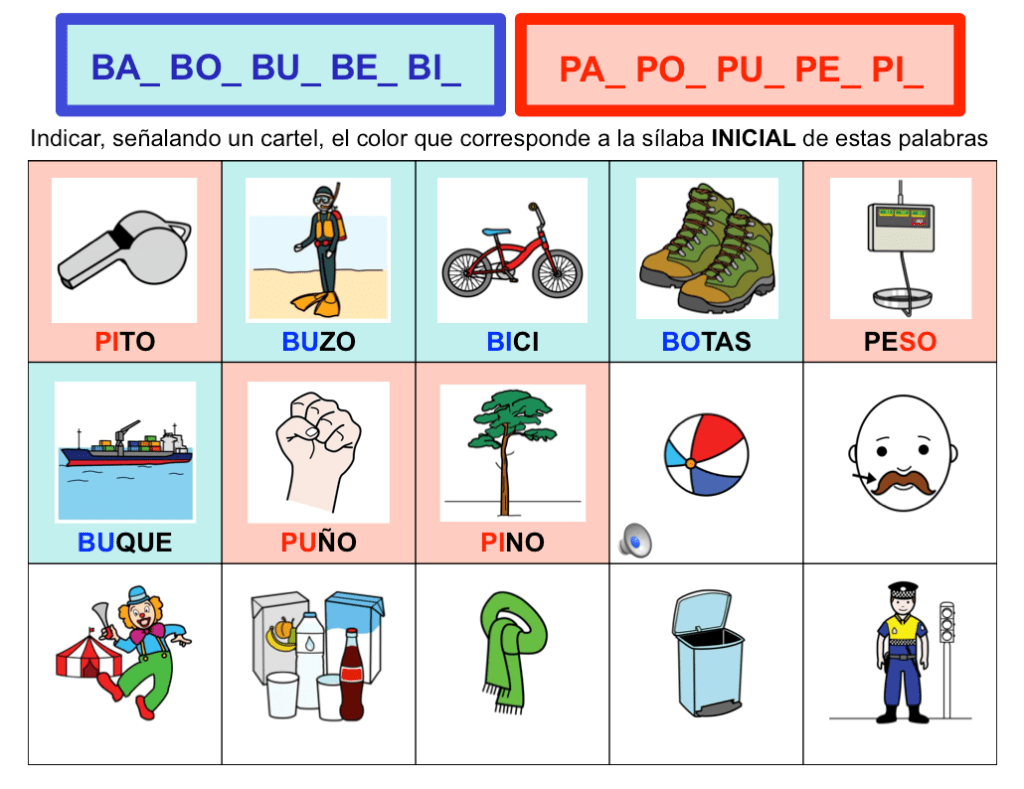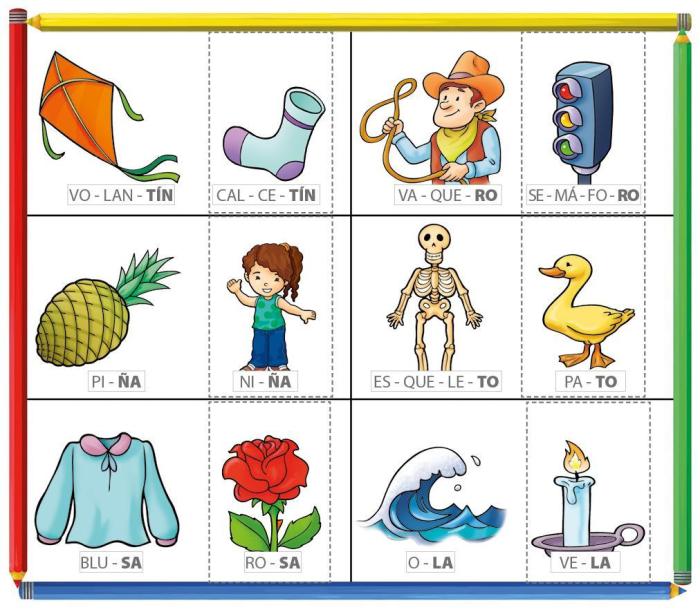Embark on a linguistic journey as we delve into the fascinating realm of “palabras que terminen en bo,” Spanish words that culminate in the distinctive “bo” ending. Prepare to unravel the grammatical intricacies, cultural significance, and captivating usage of these captivating words.
From everyday speech to literary masterpieces, words ending in “bo” permeate the fabric of Spanish language and culture, adding a touch of charm and intrigue to every conversation and written work.
Word Endings in “bo”

Spanish words ending in “bo” are typically masculine nouns or adjectives. They often refer to objects, animals, or concepts that are round or spherical in shape. Some common examples include “globo” (balloon), “sombrero” (hat), and “globo” (globe).The grammatical rules associated with words ending in “bo” are relatively straightforward.
In general, these words follow the same rules as other masculine nouns and adjectives. For example, they can be used as subjects, objects, or complements in a sentence. They can also be modified by adjectives and adverbs.The etymology of Spanish words ending in “bo” is varied.
Some of these words come from Latin, while others come from Arabic or other languages. For example, the word “globo” comes from the Latin word “globus,” which means “sphere.” The word “sombrero” comes from the Spanish word “sombra,” which means “shade.”
Usage and Examples: Palabras Que Terminen En Bo
Words ending in “bo” are frequently encountered in everyday Spanish, serving various functions within sentences. These words can belong to different parts of speech, including nouns, adjectives, and verbs.
When used as nouns, words ending in “bo” typically refer to objects, people, or places. For instance, “libro” (book), “sombrero” (hat), and “pueblo” (town) are all common nouns ending in “bo.”
Nouns
- Libro:El libro está sobre la mesa. (The book is on the table.)
- Sombrero:El sombrero es azul. (The hat is blue.)
- Pueblo:El pueblo es pequeño. (The town is small.)
As adjectives, words ending in “bo” describe qualities or characteristics of nouns. Some examples include “bueno” (good), “malo” (bad), and “bonito” (pretty).
Adjectives
- Bueno:El niño es bueno. (The boy is good.)
- Malo:La comida es mala. (The food is bad.)
- Bonito:El vestido es bonito. (The dress is pretty.)
Verbs ending in “bo” indicate actions or states of being. Some common examples include “hablar” (to speak), “comer” (to eat), and “vivir” (to live).
Verbs
- Hablar:El profesor habla español. (The teacher speaks Spanish.)
- Comer:Yo como arroz con pollo. (I eat rice with chicken.)
- Vivir:Nosotros vivimos en Madrid. (We live in Madrid.)
Regional Variations

The use of words ending in “bo” can vary across different Spanish-speaking regions, resulting in variations in pronunciation and usage.
In some regions, such as Spain, the “b” sound in these words is pronounced more clearly, while in other regions, such as Mexico, it may be pronounced more softly or even dropped altogether.
Pronunciation Variations
- In Spain, words like “bueno” and “malo” are pronounced with a clear “b” sound, as in “bweh-no” and “mah-loh”.
- In Mexico, these words may be pronounced with a softer “b” sound, as in “weh-no” and “mah-loh”, or even with the “b” dropped altogether, as in “weh-no” and “mah-loh”.
Usage Variations
In addition to pronunciation variations, the usage of words ending in “bo” can also vary across regions.
- In Spain, the word “bueno” is commonly used to mean “good” or “okay”, while in Mexico, it may also be used to mean “nice” or “kind”.
- In some South American countries, the word “malo” is used to describe something that is “bad” or “evil”, while in other regions it may be used to describe something that is simply “unpleasant” or “annoying”.
Cultural Significance

Words ending in “bo” hold a significant place in Spanish culture and history, reflecting various aspects of the language and its usage. These words have been prevalent in literature, music, and other cultural expressions, shaping the way Spanish speakers communicate and perceive the world around them.
Literary Significance
In literature, words ending in “bo” often convey a sense of warmth, familiarity, and endearment. They are commonly used in affectionate terms, such as “hermano” (brother) or “amigo” (friend), and can add a touch of intimacy to conversations. Additionally, these words can be employed to create a sense of humor or irony, adding a playful element to literary works.
Musical Significance
In music, words ending in “bo” frequently appear in popular genres such as salsa, merengue, and bachata. These words often serve as rhythmic elements, contributing to the lively and energetic nature of the music. The use of “bo” in musical lyrics can also convey a sense of joy, celebration, and dance.
Palabras que terminen en bo son comunes en español, como “libro” y “sombrero”. Sin embargo, si estás interesado en aprender más sobre la historia mundial, te recomiendo consultar el recurso ap world history unit 6 dbq . Este recurso proporciona información detallada sobre el sexto módulo de historia mundial avanzada, lo que te ayudará a ampliar tus conocimientos sobre este tema.
Una vez que hayas profundizado en la historia mundial, puedes volver a explorar las palabras que terminen en bo, ¡que siguen siendo una parte fascinante del idioma español!
Historical Significance, Palabras que terminen en bo
Historically, words ending in “bo” have been influenced by various factors, including the language’s evolution and regional variations. In some cases, these words can trace their origins to indigenous languages spoken in the Americas before the arrival of Spanish colonizers.
Cognates and Related Words

Spanish words ending in “-bo” often share cognates and related words in other languages, indicating a shared etymological origin. These cognates provide insights into the historical connections and linguistic relationships between different languages.
Indo-European Languages
- Latin:Many Spanish words ending in “-bo” trace their roots to Latin, such as “robo” (theft) from “rapere” (to seize).
- Italian:Italian has numerous cognates with Spanish “-bo” words, including “robo” (theft) and “lobo” (wolf).
- Portuguese:Portuguese shares many cognates with Spanish, including “roubo” (theft) and “lobo” (wolf).
- French:French has some cognates with Spanish “-bo” words, such as “robe” (dress) and “globe” (globe).
Other Languages
- Nahuatl:The Aztec language Nahuatl has words that resemble Spanish “-bo” words, such as “tlatoani” (ruler) and “calpulli” (clan).
- Quechua:The Inca language Quechua also has cognates with Spanish “-bo” words, such as “aphu” (grandfather) and “ñuñu” (breast).
Clarifying Questions
What are some common Spanish words that end in “bo”?
Bueno (good), malo (bad), bonito (beautiful), feo (ugly), rico (rich), pobre (poor)
How do you use words ending in “bo” in Spanish?
As adjectives, nouns, or verbs, depending on the context
Are there any regional variations in the pronunciation of words ending in “bo”?
Yes, in some regions, the “o” may be pronounced as a diphthong, [we]
